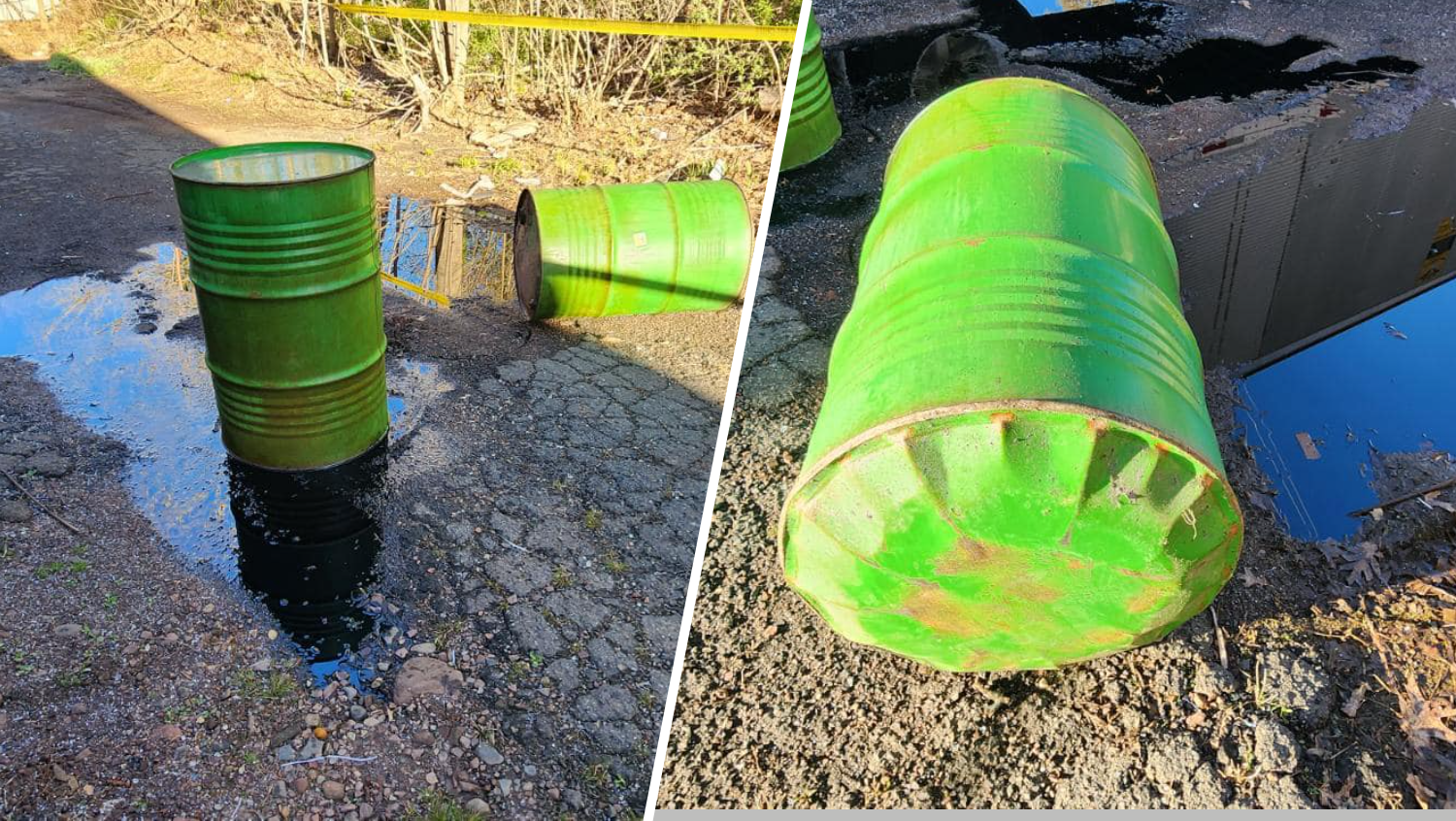Gov. Charlie Baker announced Tuesday that the state has secured an order for 26 million new COVID-19 rapid antigen tests that will be prioritized for K-12 schools and child care centers over the coming months.
Baker said the order was placed with iHealth, the same California-based manufacturer that provided the 2.1 million tests purchased last month and distributed to select cities and towns. The first tests are expected to begin arriving in Massachusetts this week, and the size and timing of additional shipments will depend on supply chain availability between now and March.
The governor also said he was activating an additional 500 members of the National Guard to assist with staffing challenges at hospitals around the state, and the Department of Public Health issued new guidance on when residents should get tested for COVID-19.
Get Connecticut local news, weather forecasts and entertainment stories to your inbox. Sign up for NBC Connecticut newsletters.
Baker said people should get tested if they are symptomatic, or if they have been a confirmed close contact of someone diagnosed with COVID-19 and who is in quarantine.
The new recommendations for testing come in response to the struggle many residents have experienced getting a PCR test for COVID-19, with long lines and appointments in short supply as infections surge.
The DPH guidance, according to Baker, makes clear that in most cases rapid antigen tests should suffice for schools, employers and child care centers who require people to get tested in order to return after exposure or infection, and that PCR tests should not be required.
Local
"Rapid tests, in most situations, are a very good alternative to PCR tests," Baker said.
The announcement came hours before Baker is slated to testify before the Joint Committee on COVID-19 and Emergency Preparedness and Management on his administration's response to the omicron surge.
"'Testing, testing, testing...' Everywhere I go, that's all I hear is we need more testing - in schools, hospitals & communities...," Senate President Karen Spilka tweeted Tuesday morning, teasing the oversight hearing later in the day when she said she hoped to hear more from Baker and Health and Human Services Secretary Marylou Sudders on the topic.
At the end of December, Baker defended his administration's COVID-19 testing efforts despite long lines at testing sites in the middle of a surge in cases. At the time, he said his administration would push to expand the state's testing infrastructure, but that staffing issues have made that hard.
Tuesday's testing announcement came one day after Baker launched a digital vaccination card system. The tool, called My Vax Records, lets people see their vaccination history and pull up a card that's similar to the paper CDC cards that have been given out when people are vaccinated.
The tool's announcement does not mean there is a vaccination mandate in Massachusetts. The Baker administration is not requiring anyone to show their My Vax Records to get into any place, the tool is simply there to help residents who want to show their vaccination history, officials say.
However, the tool is being launched days before Boston begins requiring vaccinations for some indoor spaces, like restaurants, gyms and entertainment venues.
Massachusetts' COVID metrics have been spiking to heights not seen since last winter's surge, thought to be driven in part by the omicron variant.
Health officials reported another 60,986 confirmed COVID-19 cases and 53 new deaths Monday, in a report that includes data from over the weekend. Friday's single-day total is shy of the record, set on Wednesday, by 1,425 cases, though it's still the second-highest single-day total in Massachusetts of the pandemic so far.
The idea is to give the public a better understanding of how many people are in the hospital because of the virus. But while that data began to be collected Monday, it won't be released by the Massachusetts Department of Public Health until Jan. 17, officials said.
State House News Service contributed to this report.



